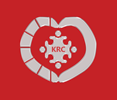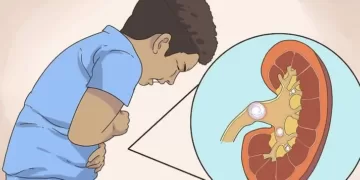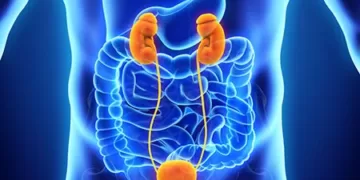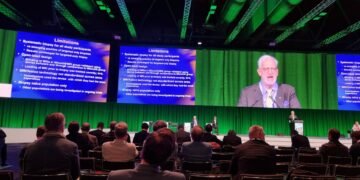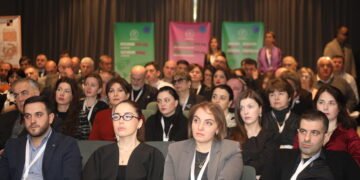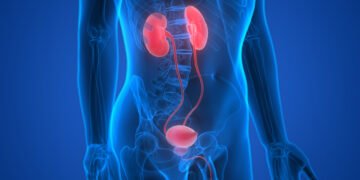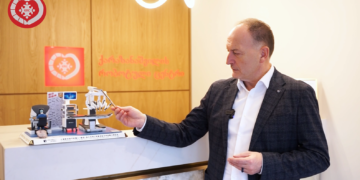Testicular cancer is one of the most common diseases in men. Unfortunately, 99% of testicular cancers are malignant, and most cases require aggressive treatments such as radiation or chemotherapy, as well as surgery.
Symptoms that characterize cancer of testicles:
- Pain in the testicles
- Swelling of the testicles
- A cyst called a spermatocele develops in the epididymis.
- Enlargement of the testicles called a varicocele.
- Accumulation of fluid in the membrane around the testicle.
Treatment methods:
There are three main methods of treatment for testicular cancer – chemotherapy, radiation therapy, and surgery.
The plan and method of treatment for testicular cancer depend on:
- The type of testicular cancer – seminoma or non-seminoma
- The stage of testicular cancer
Surgical removal of the affected testicle (orchidectomy) is always considered the first treatment for testicular cancer, regardless of its stage. After an orchidectomy, a single dose of chemotherapy may be given to prevent cancer from recurring.
A short course of radiation therapy is sometimes also recommended for cancer of testicles.
In some cases, a man discovers testicular cancer himself, either by accident or during a testicular self-exam. Self-examination consists of the following steps:
- Carefully test each testicle with your hand, study its density – it should be slightly cool and elastic.
- The testicles should be smooth and cool growths should be felt at the back and top.
If you notice any symptoms in the testicles that did not bother you before, you need to contact a urologist and examine your testicles.
The cause of testicular cancer is unknown, but men whose testicles have not descended into the scrotum by age 3 (cryptorchidism) have a higher risk of developing testicular cancer than men whose testicles have developed into the scrotum by age 3. The best period for surgical correction of cryptorchidism is childhood. Correction of cryptorchidism reduces the risk of developing cancer. However, men who have had cryptorchidism repaired have a higher risk of developing cancer than men who have had no cryptorchidism at all. Doctors sometimes advise adults to remove undescended testicles to reduce the risk of developing cancer.
At MMT Hospital, we treat testicular cancer with the most modern methods.
